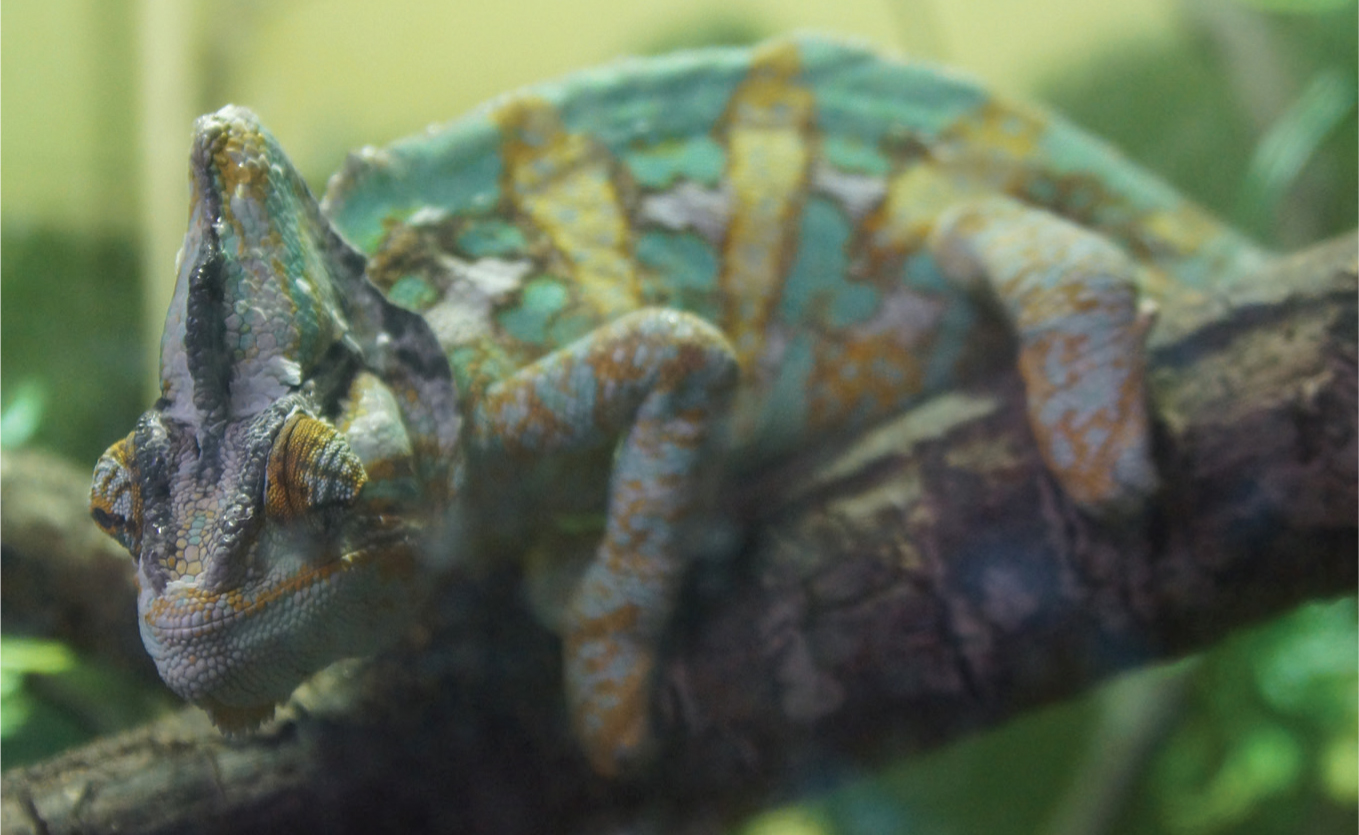This month sees the release of One Click Away, a report compiled by Blue Cross pet charity and the Born Free Foundation, which looks at the online sale of exotic animals as pets. The report found that at any one moment across a sample of just six websites, there were around 25 000 adverts offering more than 120 types of exotic animals for sale online. Animals for sale included reptiles, exotic birds and primates. A key finding of the report is that current legislation is out of date and unable to effectively regulate the trade in exotic animals in the modern, internet age.
The wide availability of exotic species in the pet industry leads many people to mistakenly believe that wild animals are easy to keep. Non-domesticated birds, mammals, amphibians and reptiles require, as an absolute minimum, captive conditions that are beyond the means of an inexperienced owner (or, quite frankly, most experienced owners) to provide.

Wild animals are simply not designed to cope with life in the close confines of our homes, with constant human proximity and contact. Furthermore, the range of species kept is of great concern. Many of these animals have complex needs but are kept singly or in inappropriate groups. We simply do not have enough knowledge about the basic biology and needs of the vast range of reptile, amphibian, mammal and bird species, and as a result, ensuring the correct environment and securing high-quality veterinary care for commonly-kept exotic pets can be difficult, expensive, and in most cases impossible.
And where does the veterinary profession fit in here? Ultimately it is the responsibility of veterinary practitioners to diagnose and treat the huge range of species that may be presented to them in general practice. As a senior vet recently said to me, ‘How can we be expected to treat an animal when we have to ask the owner what it is first?’
Many health problems associated with the private keeping of exotic animals are often easily preventable with improved knowledge of the animal's specific welfare needs. A report by the RSPCA found that malnutrition is found in up to 15% of pet reptiles. Other diseases and illnesses such as metabolic bone disease, infectious stomatitis and skin disorders are avoidable when an appropriate, species-specific environment is provided. But private owners rarely have the knowledge or resources to prevent or treat even these most basic of problems.
Veterinary professionals are in a position to offer valuable advice to the pet owning community. It is my belief that clients should be discouraged from keeping exotic pets due to the complicated requirements needed to meet even the most basic welfare needs, and the lack of specialist knowledge among most veterinary professionals. Clients who already own exotic animals should be encouraged to bring their animal in for regular health checks to allow the wellbeing of the animal to be monitored, and to seek specialist advice whenever possible.


